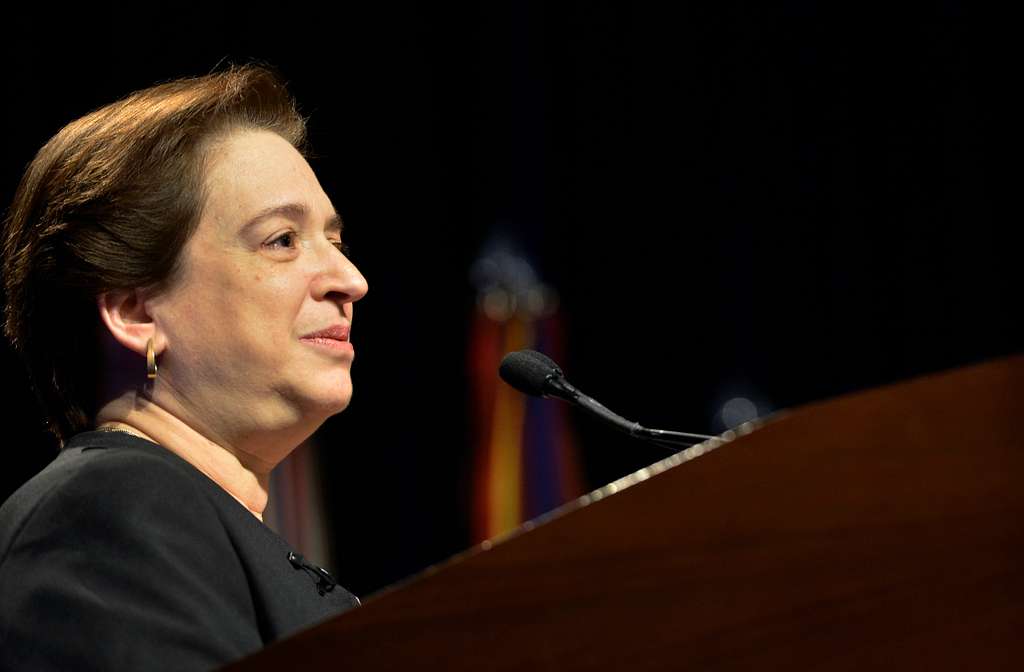

Indications already exist that snippets of the judicial process, once available in the public domain, are already open to both sensationalism and disinformation. You just have to raise enough questions, spread enough dirt, plan enough conspiracy theorising, that citizens no longer know what to believe”. At Stanford University, in April 2022, former US president Barack Obama flagged that “you just have to flood a country’s public square with enough raw sewage. There is a growing consensus that, contrary to the initial hope, social media has on the whole weakened democracy. Yet, with more than a decade’s experience, the increasing realisation is that lack of editorial control has in fact meant informational anarchy, with fake news and propaganda dominating YouTube and social media feeds.

This was seen as empowering initially because news/views could not be curtailed by the vested interests of editors and news establishments. With the advent of social media, every citizen became a potential journalist. 3 Amritpal arrest drama: The alarm bell in Punjabīut even as we proceed, there are reasons to be cautious.2 On Hinduism: A religion, like science.1 Tahir Mahmood on same-sex marriage: Existing matrimonial law should be left exclusively for the ‘sanskaar’ called ‘marriage’."Where this court stood firm then," Gorsuch said, "today it wilts. The decision was for naught, though, because both Georgia and President Andrew Jackson flouted it, leading to the Indian Trail of Tears en route to newly designated Indian reservations west of the Mississippi River.Īs Gorsuch recounted the history, that 1832 decision, though defied at the time, came to be recognized as one of the Supreme Court's "finer hours," and for 200 years stood for the proposition that Native American tribes retain their sovereignty unless and until Congress ordains otherwise. In a scathing dissent, he recounted the famous decision, written by chief Justice John Marshall in 1832, which barred the state of Georgia from throwing some 100,000 Cherokee Indians off their land. Justice Gorsuch, who usually is part of the court's most conservative bloc, instead voted with the court's three liberals. Indian country is part of the state, not separate from the state, he said, and therefore, unless Congress says otherwise, a state has jurisdiction over all of its territory, including Indian territory. Justice Kavanaugh's majority decision was based in large part on practicalities. Stitt that we've ran into someone who just fundamentally does not see a role for tribes in the modern world." "In the last 20 years, we've had very good relationship with governors. Stitt is an outlier in my experience with Oklahoma governors," he said. Kevin Stitt called the decision "a pivotal victory" that would allow the state to prosecute non-Indians and to protect Native American victims.īut Chuck Hoskin, Jr., the principal chief of the Cherokee Nation, said that unlike previous governors, Stitt has been unwilling to work cooperatively with the tribes. His conviction was set aside after the Supreme Court's 2019 decision, and he was then sentenced to seven years in a plea deal with federal prosecutors.īut on Wednesday, the Supreme Court ruled that the state had concurrent power to prosecute him. The ruling came in the case of Manuel Castro-Huerta, a non-Indian first prosecuted by the state and sentenced to 35 years in prison for the criminal abuse of his five year old Cherokee stepdaughter, who weighed only 19 pounds and was covered in feces and lice when she was taken to the hospital. Justice Brett Kavanaugh wrote the decision for the court's five conservatives, minus Gorsuch. Bottom line: power to prosecute will most likely now shift back to the state, and away from the federal government. The high court refused, but on Wednesday it issued a more limited decision, declaring that the state may prosecute crimes committed against Native American victims by non-Indians in Indian country.

In light of that, Oklahoma's governor and attorney general asked the Supreme Court to reverse its earlier decision. According to the federal government, effect of that decision was a 400% increase in federal prosecutions from 2020 to 2021, with many people either not held accountable or receiving lighter sentences in plea deals. Only the tribal courts, or the federal government, could do that, and the tribal courts were generally not authorized to prosecute non-Indians. In the aftermath of the court's 2019 decision, the state was no longer empowered to prosecute those accused of committing crimes on Indian territory. On the surface, this might look like a cut-and-dried case. Law Supreme Court Rules That About Half Of Oklahoma Is Native American Land


 0 kommentar(er)
0 kommentar(er)
